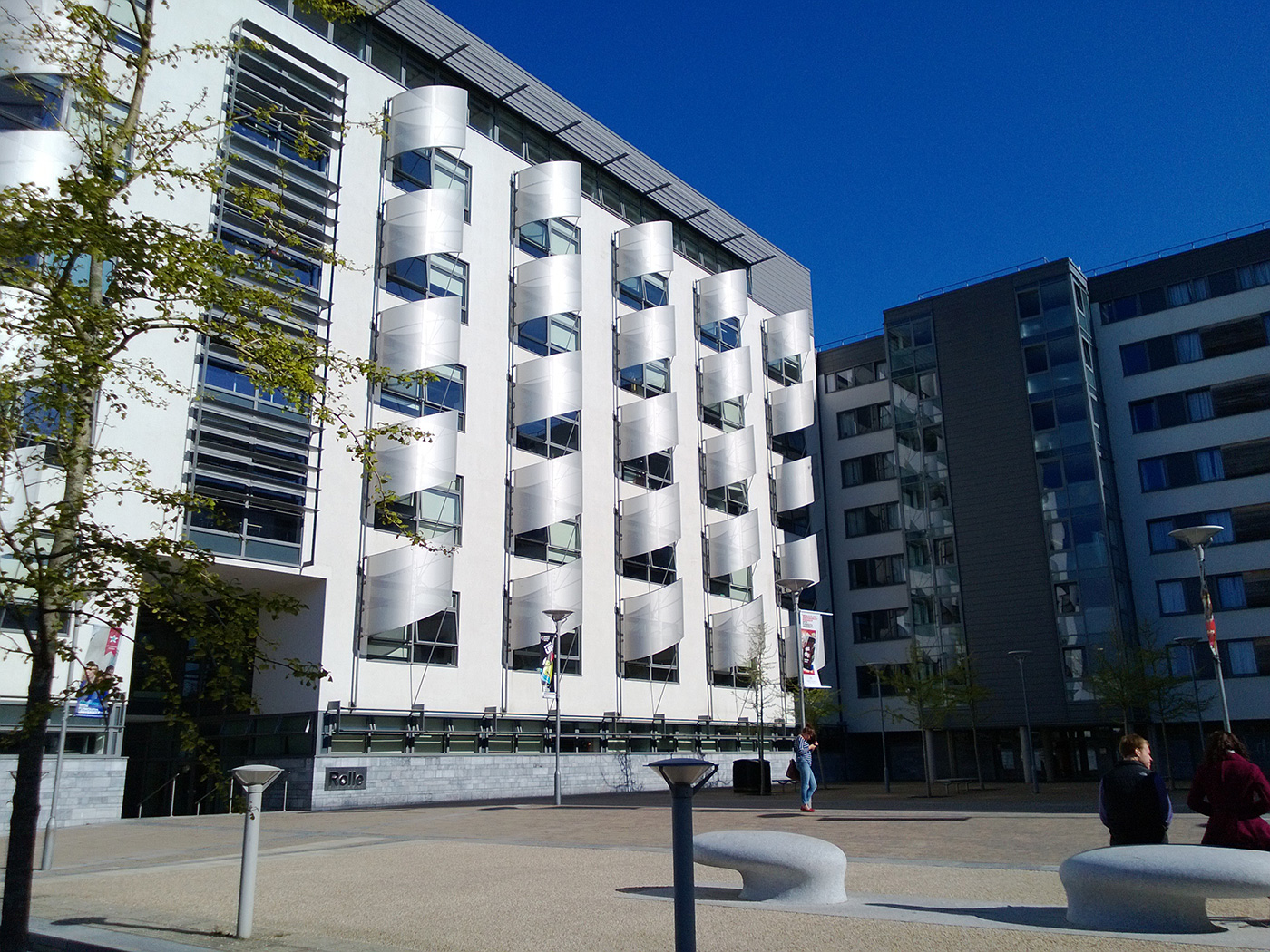Plymouth University
Plymouth University is based in the famous naval town of Plymouth in South West Devon. REQUEST INFORMATION
KEY INFORMATION:
An historical maritime centre with a population of 250,000 Plymouth is 190 miles from London – access by road is via Exeter and the M5 motorway. Rail links to London and the rest of the UK are also via Exeter. The nearest major airport is also in Exeter and offers flights to domestic and European destinations.



UG: N/A
PG: N/A



Six steps to Plymouth University
Our method to your success
FREE CONSULTATION MEETING
REPORT & INSTITUTION SHORTLIST
APPLY & RECEIVE AN OFFER
WOO HOO! YOUR OFFER IS ACCEPTED
ARRIVAL & POST ARRIVAL SUPPORT
WE ARE WITH YOU EVERY STEP OF THE WAY
LOCATION:
Plymouth’s coastal location means that it benefits from a regular ferry service to France and Spain.
Access to the city centre from campus or from Alexandra Works is easy by foot but city buses with campus stops run until 11.30pm. The railway station is a 5 minute walk from campus and the coach station a 10 minute walk.
REQUEST INFORMATION..

Request Information - University Courses
HISTORY:
Plymouth University’s origins stem from the 19th century with the establishment of a Mechanical Institute for studies into shipping and maritime engineering. In time the merging of various polytechnic and other colleges meant that its subject base broadened and the organisation became known as a Polytechnic Institute. In 1989 it was renamed Polytechnic South West and developed studies in marine biology, ocean and environmental matters and logistics. It achieved university status in 1992 and now enjoys a reputation for medicine, accounting and psychology as well as maritime subjects. The lowest temperature in the area is -1.5 degrees in February and the highest average temperature is between 19 and 21 degrees in July/August.
LOCATION:
Plymouth is a campus university with most teaching buildings and student facilities situated on the main campus very close to Plymouth city centre. Some teacher training and other education subjects are taught in partnership with colleges in Somerset and Cornwall.
RANKING:
Plymouth university is ranked between 401-500th in the Times Higher Education rankings. Plymouth is ranked 201-300th in the Shanghai Jiao Tong rankings. Plymouth is not a member of the Russell Group of universities.Plymouth university is ranked 74th in the National Student Survey Satisfaction rankings.
INTERNATIONAL:
There are approximately 2,000 international students from over 100 countries studying at Plymouth University. This represents around 11% of all students.Pathway entry for international students - Plymouth University's international College, offers foundation courses leading to degree course entry.For more information, please visit Pathway & Foundation page.
SIZE:
There is a total population of over 18,000 students at Plymouth University.
EMPLOYMENT:
93% of Plymouth’s graduates enter directly into work, further study or training within 6 months of graduation (source:HESA). A breakdown of post graduation employment by course, showing the split into professional/managerial positions, rather than general employment figures, is available from Unistats an independent source of university data. For more information, please visit the REF Information page.
FACILITIES:
Plymouth is a campus university with most usual student facilities on campus. In addition to shops, 7 cafes and 3 bars, the University’s Peninsula Arts Centre is a venue for art, cinema, music and live performance. The Student Union supports 103 societies and 56 sports clubs. There is a sports centre and a water sports centre. Plymouth University is a partner in the Plymouth Life Centre which offers Olympic standard swimming and diving facilities. The University also owns its own deep sea diving and marine centre. Plymouth itself has a buzzing city centre with lively nightlife, restaurants, bars and a Barbican centre along the sea front. Plymouth Pavillions hosts regular gigs by touring acts. Plymouth is also well placed for access to many quality beaches along the south Devon coast.
ACCOMMODATION:
Accommodation in university owned premises is guaranteed for all new first year students. The usual contract is for 40 weeks although this can extend to 51 weeks on application. Plymouth offers both self-catered and catered accommodation, close to the city centre. The majority of halls are on campus and a 5 minute walk from the main facilities. Those just off campus are a 15 minute walk away, the exception being the residences in the Alexandra Works site for nursing, dental and medical students – this is 20 minutes from the main campus site.The lowest price for a single room with shared bathroom and kitchen facilities is £102.00 per week.From September 2021, for those living in University-managed accommodation, Plymouth can provide an additional catering package that spans over 35 weeks of the year, providing breakfast and a two course dinner from Monday to Friday (excluding the Christmas break and Bank Holidays.) This extra cost is priced at £45.00 per week.
COST:
International undergraduate tuition fees:
Plymouth applies a flat rate fee across almost all its undergraduate degree courses-£14,600 for Science, Arts and Humanities based subjects. The only major exception is Medicine, at £22,100 (pre-clinical, years 1 and 2) rising to £41,100 for the later clinical years (3-5).
SUBJECT AREAS:
RREF (Research Excellence Framework) was an independent government review conducted into the quality of research at UK universities and published in December 2014. This information highlights subjects of specialism within each university. We have listed all subject areas where at least 60% of the research conducted in these specific fields has been graded 3 or 4 stars. (4 stars being the highest ranking REF award). For more information, please visit the REF Information page.
ONLINE COURSES:
Plymouth offers a limited number of postgraduate courses for continuing professional development. These include an MFA in Photographic Arts, an MSc in Professional Leadership, and MScs in Sustainable Construction Project Management and Sustainable Construction Cost Management.
LIFE AT Plymouth University
We have been helping overseas students gain entrance to Plymouth University for a number of years now, progressing to high profile careers in the UK. Find out more about this school below.
Review
Coming Soon
 LOOKING FOR AN ONLINE COURSE?
Our team can help you find a relevant course for your study.
BOOK A CALL
LOOKING FOR AN ONLINE COURSE?
Our team can help you find a relevant course for your study.
BOOK A CALL
DOWNLOAD YOUR FREE GUIDE TO A QUALITY UK EDUCATION
Sign up to our free Newsletter and you'll get a free copy of our guide to accessing a UK education to help you navigate the entire process.
REQUEST INFORMATION..
Get free instant access to exclusive content and join our monthly email guide
We’re with you every step of the way and will keep you updated on the latest UK education news. Find out more about joining.
